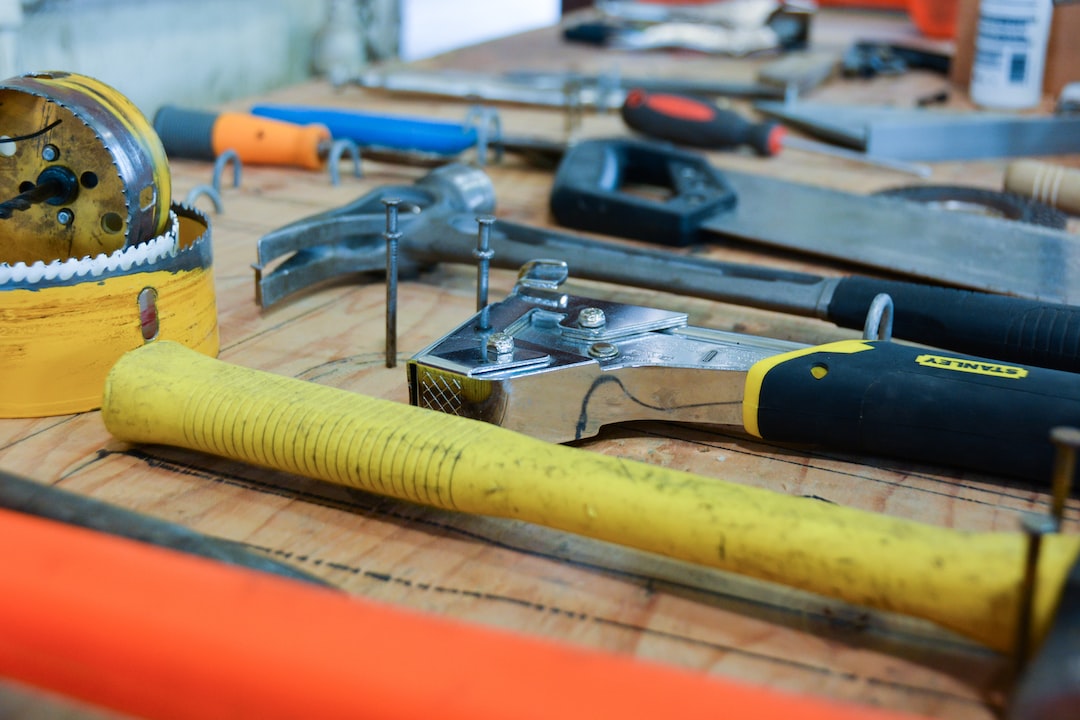The manufacturing industry has always been at the forefront of technological advancements and innovation. From the industrial revolution to the rise of automation, this sector has consistently adapted to meet changing demands. As we move further into the 21st century, it’s clear that the future of work in the manufacturing industry is set to undergo another significant transformation.
One of the key drivers of this transformation is the rise of digital technologies. With the advent of Industry 4.0, we are witnessing the convergence of the physical and digital worlds, creating a new era of connected manufacturing. Internet of Things (IoT) devices, artificial intelligence (AI), robotics, and machine learning are becoming increasingly integrated into the manufacturing processes, leading to improved efficiency, productivity, and safety.
One of the most significant changes this technology brings to the future of work in manufacturing is the concept of smart factories. Traditionally, factories were operated through manual labor, with human workers responsible for overseeing the production processes. However, with the integration of IoT devices and AI systems, factories are now equipped with sensors, which monitor and collect real-time data about various aspects of production.
This data, combined with AI algorithms, can be utilized to optimize production, reduce downtime, and enhance predictive maintenance. For example, sensors can detect machine malfunctions before they occur and automatically trigger repair processes. This not only minimizes production disruptions but also reduces the risk of accidents and improves worker safety.
While this automation may raise concerns about job losses, the reality is that the future manufacturing workforce will evolve rather than disappear. The implementation of advanced technologies will not replace human workers entirely; instead, it will require a different skill set. Workers will need to acquire digital literacy, problem-solving abilities, and the capability to work collaboratively with smart systems.
Furthermore, the role of humans in the manufacturing process will shift towards more complex and value-added tasks. With routine and repetitive tasks being automated, workers will have the opportunity to focus on quality control, creative problem-solving, and engineering innovations. This shift will not only make tasks more fulfilling and engaging for workers but will also drive greater productivity and competitiveness for manufacturing companies.
Another significant development in the future of work in manufacturing is the rise of remote working. The COVID-19 pandemic has accelerated the adoption of remote work across various industries, and manufacturing is no exception. While manufacturing processes will continue to require physical presence, remote work can now be integrated into administrative roles, design and planning, sales, and customer service.
By embracing remote work, manufacturers can tap into a global talent pool, hire experts from across the world, and reduce operational costs associated with physical office spaces. At the same time, remote work will require adapting work processes and implementing collaborative digital platforms to enable effective communication and project management.
Moreover, the future of work in manufacturing will also be shaped by the increasing demand for sustainability and environmental consciousness. With global awareness about climate change and the need for sustainable practices, manufacturing companies are now under greater pressure to reduce their carbon footprint and adopt eco-friendly operations.
This shift towards sustainable manufacturing calls for the development of new technologies and practices focused on clean energy, waste reduction, and efficient resource utilization. As a result, the future manufacturing workforce will increasingly require skills related to renewable energy, recycling, and sustainable supply chains.
In conclusion, the future of work in the manufacturing industry is set to be shaped by digital technologies, remote work, and sustainability. While automation will undoubtedly transform traditional manufacturing processes, it will also create new opportunities for workers to engage in higher-level tasks. Remote work will enable the integration of global talent, while sustainability will drive the development of eco-friendly practices. As we move forward, embracing these changes will be crucial for manufacturing companies to stay competitive in an increasingly interconnected and environmentally conscious world.
